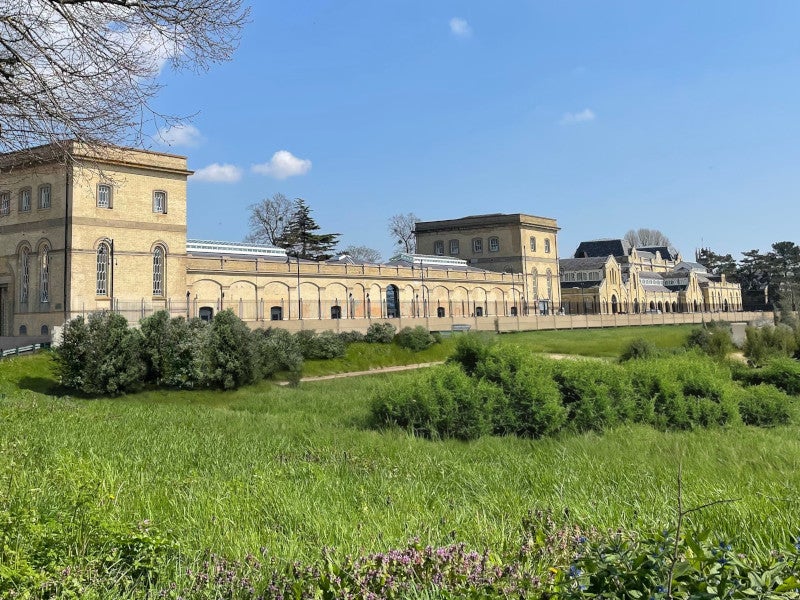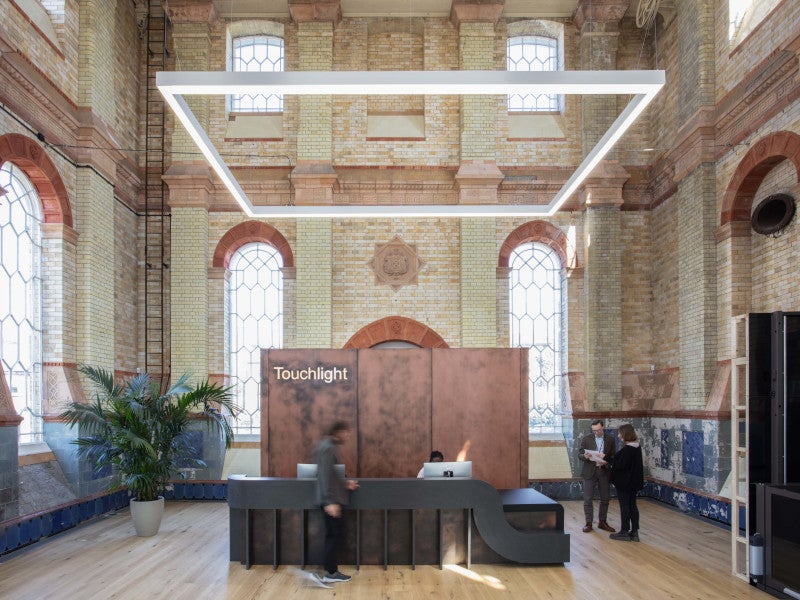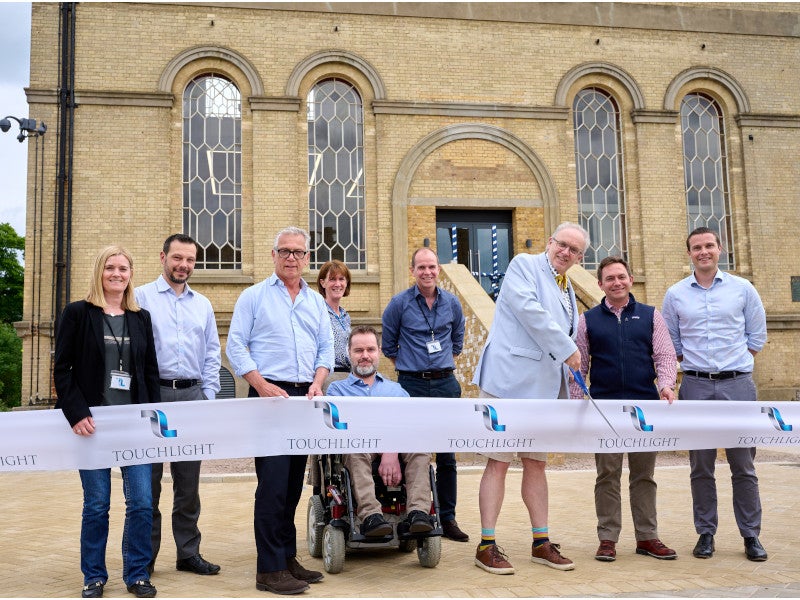Touchlight, a biotechnology company based in the UK, redeveloped and expanded its state-of-the-art DNA manufacturing facility located in London, UK, in May 2023.
The facility produces enzymatic DNA, from research to good manufacturing practice (GMP)-grade. The DNA serves as an API or a crucial starting material for advanced therapy manufacturing, including mRNA and DNA vaccines, gene therapies, gene editing treatments and novel cancer therapies as well as the production of viral vectors such as adeno-associated virus (AAV) and Lentivirus.
The expansion has tripled the DNA manufacturing capacity of the facility, surpassing more than 8kg of plasmid DNA in a year. The capacity exceeded the total global demand for plasmid DNA and can facilitate the commercialisation of genetic medicines.
The expansion improved the company’s capability to meet the growing demand for DNA from top biopharmaceutical companies such as Pfizer and Lonza.
Location
Touchlight’s DNA manufacturing facility is based at the Morelands and Riverdale Buildings on the banks of the River Thames, within Hampton, London.
The facility is a repurposed Grade II-listed Victorian waterworks, which was originally built in 1852 to supply fresh water to the East End of London in the 19th century to tackle the cholera epidemic.
Touchlight’s DNA manufacturing facility expansion details
The plant is expanded with a new GMP DNA facility built on 515m² within the existing campus.
The expanded facility has 11 new state-of-the-art GMP DNA manufacturing suites, including two class B filling suites with class A filling cabinets, warehousing, along with a quality control laboratory capability, bringing the total to 15 independent GMP manufacturing suites at the Hampton site.
The new facility has already received a successful quality audit from a large pharmaceutical customer.
The total combined footprint of the Morelands and Riverdale buildings is 5,273m² (56,756ft²), including the labs, GMP facility, office space, meeting rooms, and others.
Production and output
Pods are simply equipped with minimal equipment for GMP production. Each pod can produce up to five-gram batches in five days, which can be scaled up to more than 40g batches in six days.
Touchlight’s doggybone DNA
Touchlight’s proprietary patented doggybone DNA (dbDN) is a novel, synthetic DNA vector, which together with the enzymatic manufacturing process allows the production of DNA at unprecedented speed, scale and purity.
The proprietary enzymatic DNA manufacturing platform overcomes the technical challenges associated with efficiently mass-producing plasmid DNA. The rapid and unique process is five times faster than traditional methods using E. coli fermentation. It also produces DNA at a lower cost and a lower footprint.
The term doggybone DNA refers to the structure of the synthesised DNA molecule, which resembles a bone with two loops at each end, resembling the shape of a dog bone.
The structure provides stability and protection to the DNA molecule, allowing for efficient replication and expression of the desired genetic information.
The expansion follows the US Food and Drug Administration (FDA) acceptance of a Drug Master File for GMP-grade dbDNA in December 2022 and the FDA clearance of the first investigational new drug application using dbDNA for human trial in January 2023. A dbDNA-derived AAV product previously entered clinical testing in Europe in 2022.
Advantages of dbDNA technology over traditional methods
The dbDN technology offers several advantages over traditional DNA production methods.
Firstly, it allows for rapid and precise DNA synthesis, resulting in faster turnaround times and increased productivity. It is particularly crucial in the field of genetic medicine, where the demand for synthetic DNA is expected to grow further.
The ability to produce DNA quickly and efficiently enables the development of gene therapies, genetic vaccines, and diagnostics on a larger scale.
Furthermore, the dbDNA technology offers enhanced scalability, making it easier to manufacture DNA on a larger and more cost-effective scale.
The scalability is vital in meeting the demands of the rapidly expanding field of genetic medicine, where large quantities of DNA are required for research and clinical applications.
Funding received by Touchlight
Touchlight was originally funded entirely through the UK’s Enterprise Investment Scheme and has since raised $125m in 2021. It has also been in receipt of a government-backed grant to scale up and accelerate its DNA manufacturing programme from the Life Sciences Innovative Manufacturing Fund.
The Department for Science, Innovation and Technology awarded a grant to Touchlight to accelerate its £14m ($17.2m) scale-up DNA manufacturing programme in March 2023.
The grant was a part of £277m delivered through the Life Sciences Innovative Manufacturing Fund, launched to support Life Sciences businesses investing in manufacturing projects in the UK.
The proceeds were used to support its acquisition of scale-up equipment and accelerate its facility expansion in Hampton, UK.
The grant will also enhance Touchlight’s capacity to support client programmes during their late-stage development and commercialisation efforts.
Contractors involved
WHP Engineering, an engineering company based in the UK, was appointed as a principal contractor to design and build the GMP facility in September 2021.





